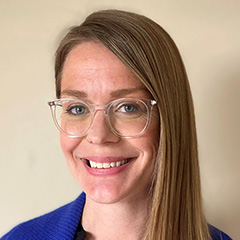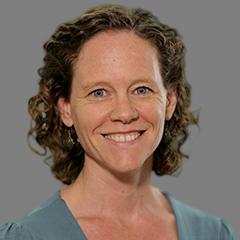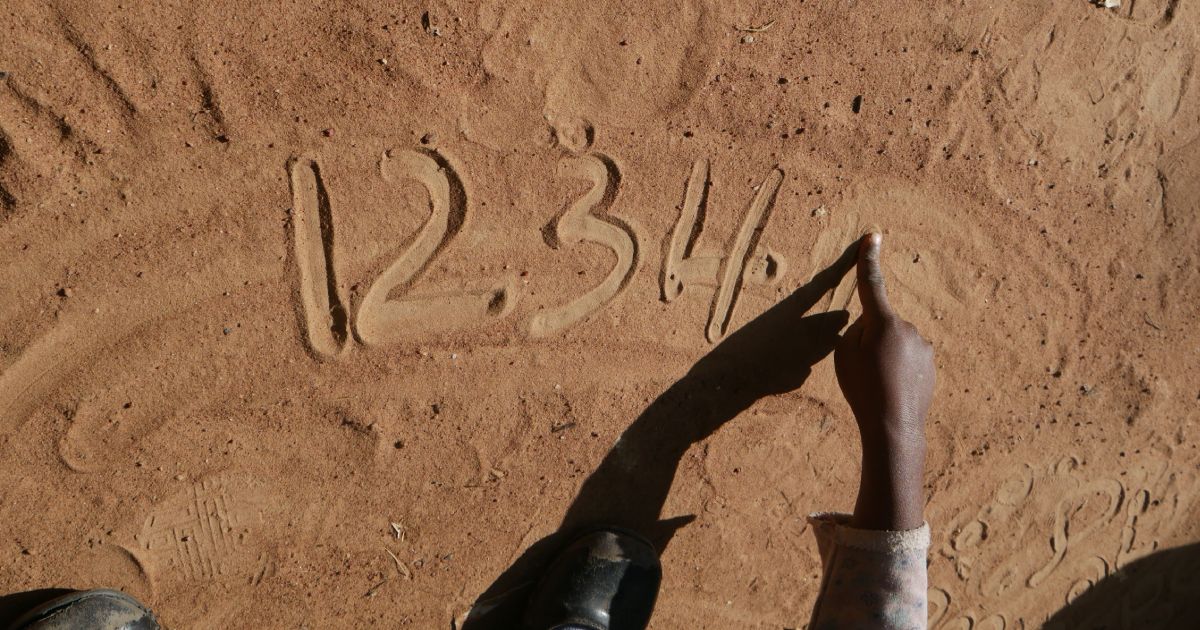Project Overview
To serve as the global learning partner for the Bill and Melinda Gates Foundation Digitize, Direct, and Design (D3) Initiative which is part of the Financial Services for the Poor (FSP) team’s women’s economic empowerment and financial inclusion (WEE-FI) strategy.
Over a billion women globally do not use or have access to the financial system – limiting their ability to save, access credit, and control their income. The foundation is committed to generating evidence from digitizing bulk payment programs, such as social protection payments, as a catalyst for financial inclusion and economic empowerment for low income women and to reducing the significant gap in financial inclusion in low and middle income countries between women and men.
- Better than Cash Alliance (BTCA), United Nations Capital Development Fund (UNCDF)
- Consultative Group to Assist the Poor (CGAP)
- GRID Impact
- International Labour Organisation (ILO)
- Reimagining Industry to Support Equality (RISE)
- Strategic Impact Advisors
- World Bank Findex
- World Bank G2Px
- World Food Programme (WFP)
Bill & Melinda Gates Foundation
The FSP team aims to support the digitization and gender-intentional design of bulk payment programs, directing payments into accounts owned and operated by women. Known as the Digitize, Direct, and Design (D3) Initiative, this has been a key investment for the Bill and Melinda Gates Foundation’s Women’s Economic Empowerment and Financial Inclusion (WEE-FI) strategy. In Phase 1 of the partnership, we developed a global evaluation strategy and learning agenda focused on the digitization of government-to-people (G2P) payments in three target countries. In Phase 2 of the partnership, Mathematica expanded the strategy and learning agenda to cover all nine of the FSP focus countries as well as additional payment types, such as wages and humanitarian payments.
Mathematica's implementation of this expanded strategy includes two additional analytic efforts. First, Mathematica conducted a study of the effects of a COVID-19 government wage support program in Bangladesh for workers in the apparel export sector who were furloughed during the lockdown. The authors found that the stimulus package successfully led to the rapid opening of 1.2 million digital bank or mobile money accounts for women within a single month. However, the effect on women’s deeper financial inclusion was limited: most women only used their accounts to cash out wages or to transfer money, and many continued to prefer cash. For women to fully benefit from digital accounts, the digital financial ecosystem needs additional strengthening to support use cases designed for women and to increase women’s digital financial literacy.
To inform the Foundation’s targeting efforts, Mathematica has also conducted a series of segmentation analyses drawing on survey data on financial inclusion, including the Global Findex data. These analyses inform the FSP team’s strategy in each country by identifying the characteristics of different population segments, including those defined by their degree of financial inclusion and employment sector. For example, this analysis can be used to identify the characteristics of women who are financially excluded, but have a high potential for inclusion, or to identify the degree of financial inclusion among women working in a particular sector. To allow users to learn more about the segments in each of the focus countries, we developed an interactive dashboard to display the results.
We are continuing our work in this space as the measurement, learning, and evaluation (MLE) partner for the Bill & Melinda Gates Foundation’s new Women’s Economic Empowerment (WEE) strategy focused on increasing women’s income and control over income. In partnership with Kore Global and Athena Infonomics, Mathematica is developing and implementing a multi-country MLE system to enable the capturing, synthesis, and sharing of key data and evidence related to five key levers: capital, data, digital economy, markets and entrepreneurship, and childcare.
In 2020, following the COVID-19 crisis, we began working with the Gates Foundation to expand our learning partnership beyond its original focus on G2P payments in three countries to learning opportunities related to the rapid expansion of digital financial services across all bulk payment types, including B2P and D2P. This more expansive approach to learning about how governments, NGOs, and the private sector have quickly rolled out digital cash transfers and wages to help women be more resilient in the face of the pandemic, will allow the FSP to incorporate lessons learned in real time.
Evidence & Insights From This Project

Rapid Wage Digitization in the Bangladesh Ready-Made Garment Sector During COVID-19
This report presents results from a study of the rapid digitization of low-income women workers’ wages in the ready-made garment (RMG) industry in Bangladesh at the beginning of the COVID-19 pandemic, as a result of a government-issued stimulus package.
Learn MoreRelated Staff
See Clearly. Act Quickly.
From local to global challenges in health, human services, and international development, we’re here to improve public well-being and make progress together. Learn more about becoming a Mathematica client or partner.
Work With Us





